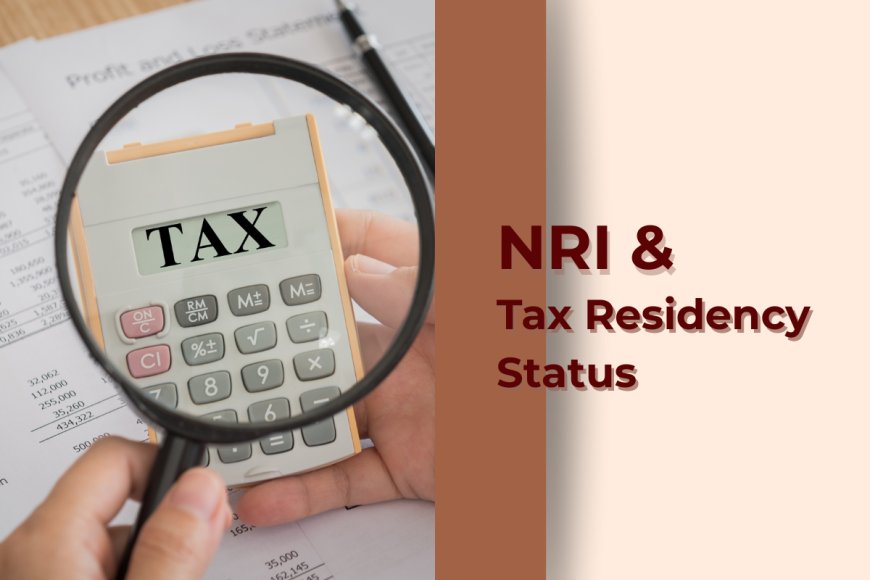NRI or Not? Understanding Your Tax Residency Status Under Indian Law

At TaxChamp, one of the most common financial questions we receive from our globally mobile clients is:
“Am I considered an NRI for Indian tax purposes?”
While the answer might seem straightforward, it's governed by detailed criteria under the Income Tax Act, 1961, and recent amendments have added new layers of complexity. Your residential status not only determines your tax liability in India but also impacts how your global income is treated.
Who is an NRI Under Indian Tax Law?
The Indian Income Tax Department classifies an individual’s residency status based on physical presence in India during a financial year (April 1 to March 31).
You will be treated as a Non-Resident Indian (NRI) if you satisfy either of the following conditions:
-
You are physically present in India for less than 182 days during the relevant financial year,
OR
-
You are present in India for less than 60 days during the relevant financial year and for less than 365 days in the preceding 4 financial years combined.
Special Relaxations for Indian Citizens & PIOs
If you are an Indian citizen or a Person of Indian Origin (PIO), the law offers certain relaxations:
-
Going Abroad for Employment or Temporarily Visiting India?
The 60-day condition is extended to 182 days, making it easier for you to qualify as an NRI.
-
Earning More Than ₹15 Lakh (Excluding Foreign Income)?
As per Finance Act, 2020, if your total income (excluding foreign income) exceeds ₹15 lakh, the 60-day condition is relaxed only up to 120 days, not 182.
New Rule: Deemed Residency (Introduced in Budget 2020)
To curb tax evasion through statelessness, a “Deemed Resident” provision was introduced:
You may be treated as a Resident but Not Ordinarily Resident (RNOR) in India if all of the following apply:
- You are an Indian citizen
- Your total Indian income exceeds ₹15 lakh in the financial year
- You are not liable to pay tax in any other country
Even if you do not meet the basic 182/60-day rule, you may still be deemed a resident under this clause.
Why Does Residential Status Matter?
Your residential status determines what portion of your income is taxable in India:
|
Status |
Taxable Income in India |
|---|---|
|
NRI |
Only Indian-sourced income (e.g. rent, capital gains, interest) |
|
RNOR |
Indian income + income from business/profession controlled from India |
|
ROR (Resident & Ordinarily Resident) |
Indian income + global income is taxable in India |
Real-World Examples
- Ravi, a software engineer in Dubai, visits India for 150 days. Since he stays less than 182 days, he continues to be NRI.
- Sneha, a remote consultant, spends 125 days in India and earns ₹18 lakh from Indian clients. She pays no tax abroad. She becomes a Deemed Resident (RNOR).
Final Takeaways for Tax Year Planning
- Less than 182 days in India with no other conditions? You’re an NRI.
- ₹15L+ Indian income and no foreign tax liability? You’re a Deemed Resident (RNOR).
- Residential status directly affects your Indian tax obligations.
What's Your Reaction?
 Like
0
Like
0
 Dislike
0
Dislike
0
 Love
0
Love
0
 Funny
0
Funny
0
 Angry
0
Angry
0
 Sad
0
Sad
0
 Wow
0
Wow
0




























